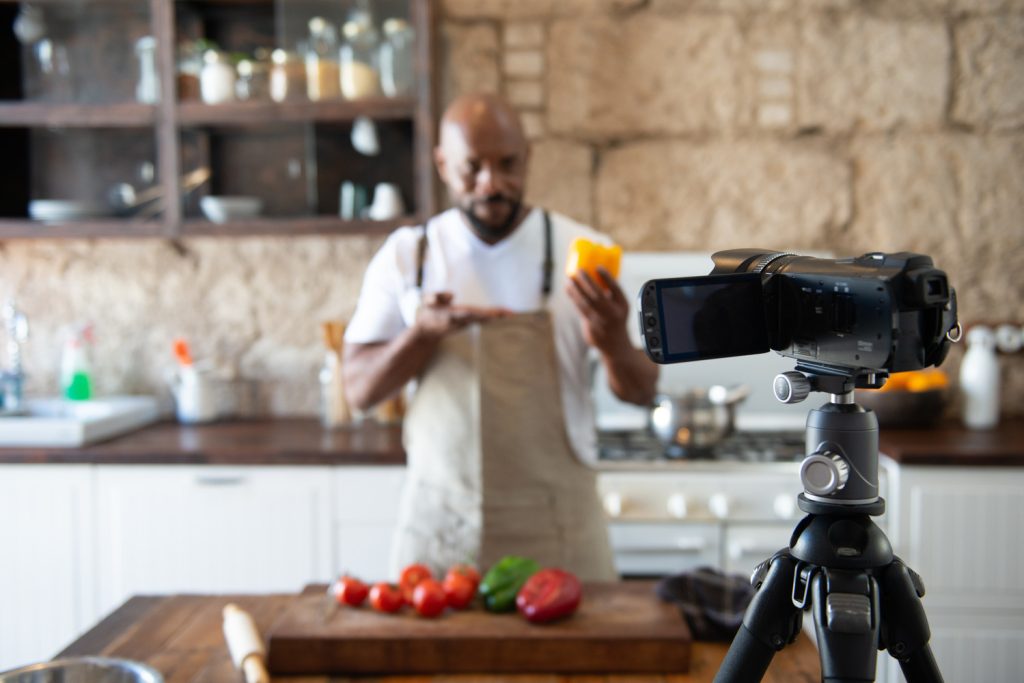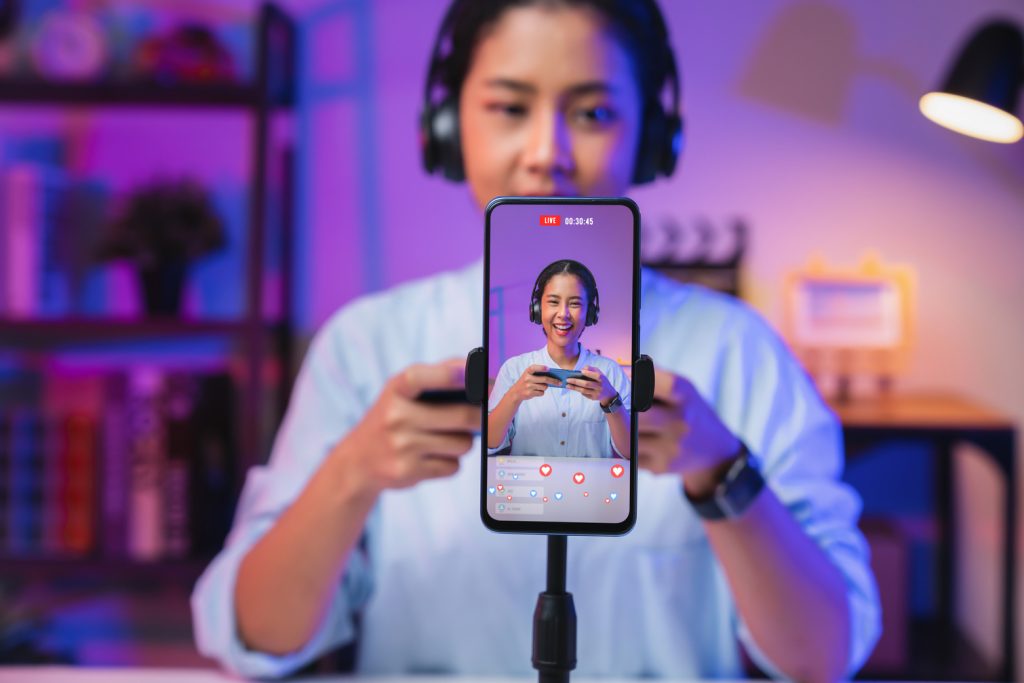Is Influencer Marketing Effective? Here’s 4 Reasons Why It’s Still Very Relevant in 2025
Is Influencer marketing still a thing?
“Hey everyone, it’s your girl Diane, get ready with me for a dinner with my boo! My bag is from Louis Vuitton, my shoes are Dior, and this flawless look? All thanks to Fenty Beauty.” A stylish influencer with perfect makeup talks to her followers on Tiktok live from a beautiful, Instagram-worthy bedroom.
If this is what you still think influencer marketing looks like, it’s time to think again.
Many people believe influencer marketing is all about showing off luxury brands, perfect selfies, and a life that feels out of reach. Some even say influencer marketing is dead in 2025 because they think people are tired of seeing these picture-perfect posts. But here’s the truth: influencer marketing is far from over. It’s not just alive, it’s evolving in ways you might not expect.
Why Influencer Marketing Works
Before we dive into the evolution of influencer marketing, let’s first understand why influencer marketing works and why it continues to be a powerful strategy for brands in 2025.
Gary Vaynerchuk, Entrepreneur, Author, and CEO of VaynerMedia, explains it best:

“Influencer marketing isn’t just about getting someone with a large audience to shout about your product. It’s about finding the right people, whether they have 1,000 followers or 1 million, who truly align with your brand and can authentically communicate its value to their community.”
At its core, influencer marketing works because of trust and authenticity. Unlike traditional advertising, where brands directly promote their products, influencer marketing leverages the relationship between influencers and their engaged audiences. For example, I would buy a productThese influencers have built credibility within their niche, and their followers trust their opinions and recommendations.
The Future of Influencer Marketing in 2025
Today, influencer marketing isn’t just about celebrities or influencers with perfect, filtered photos. People now want realness and honesty. They follow influencers who are relatable, who share their real lives, the good and the bad. In 2025, the faces of influencer marketing aren’t just famous people showing off luxury cars and tropical vacations. They’re everyday people, micro-influencers, and niche creators who connect with their audiences in genuine ways.
This shift has changed how brands work with influencers. It’s no longer about who has the most followers. Now, companies are partnering with influencers who build trust, start real conversations, and create meaningful connections with their audience.
So, is influencer marketing dead? Absolutely not. In fact, it’s stronger than ever, and here are four reasons why.
Why Influencer Marketing is Still Important
1. From Perfect to Relatable
Studies reveal a growing demand for authenticity. The Edelman Trust Barometer highlights that people trust “experts” and relatable, everyday voices more than high-profile figures. Similarly, research by Cision Marketing found that everyday customers, those posting user-generated content (UGC), are some of the most trusted voices influencing buying decisions.
So, what does this mean for the influencer landscape? Consumers want influencers who feel like friends, not distant aspirational figures. They’re drawn to creators whose lives, values, and content resonate on a personal level. This is where the rise of UGC shines. Whether it’s a heartfelt product review or a candid snapshot of someone’s day, UGC brings an authenticity that staged photo shoots often lack.

2. What Influencers Need to Know
If you’re a creator in today’s world, forget about chasing the “perfect” influencer aesthetic. The content that performs best is authentic and relatable. Your audience isn’t looking for unattainable perfection; they want to see real experiences that mirror their own.
Take Salem King, for example. He has built a loyal following by sharing insightful, everyday content that inspires his audience. People trust him not because he projects an image of perfection but because he feels approachable, relatable, and real.
This is the blueprint for success in today’s influencer space: be genuine, connect with your audience, and prioritize value over vanity.

3. What This Means for Marketers
For marketers, the message is clear: it’s time to rethink influencer marketing strategies. Instead of focusing solely on celebrities with massive followings, brands should invest in building communities around creators who share their values and genuinely connect with their audience.
According to data, regular people not just celebrities are now some of the most trusted sources for consumers. This shift in trust creates opportunities for brands to partner with micro- and nano-influencers who bring authenticity and engagement to the table.
Additionally, brands can leverage their existing customers to create UGC. Encouraging organic content from satisfied customers adds a layer of trust and relatability to campaigns. People are more likely to trust a glowing review from someone like them than a scripted endorsement from a celebrity.

4. The Evolution of Influencer Marketing
At its core, influencer marketing is modern-day word-of-mouth marketing 2.0. It’s less about broadcasting a perfect image and more about building genuine connections. When influencers and brands work together to tell real stories, they create campaigns that resonate deeply with their audiences.
So, is influencer marketing dead? Absolutely not. It’s evolving. The focus has shifted from celebrity endorsements to authentic connections and that’s where the real magic happens.
If you’re an influencer, content creator, or marketer, remember this: the future of influencer marketing lies in authenticity, relatability, and trust.

